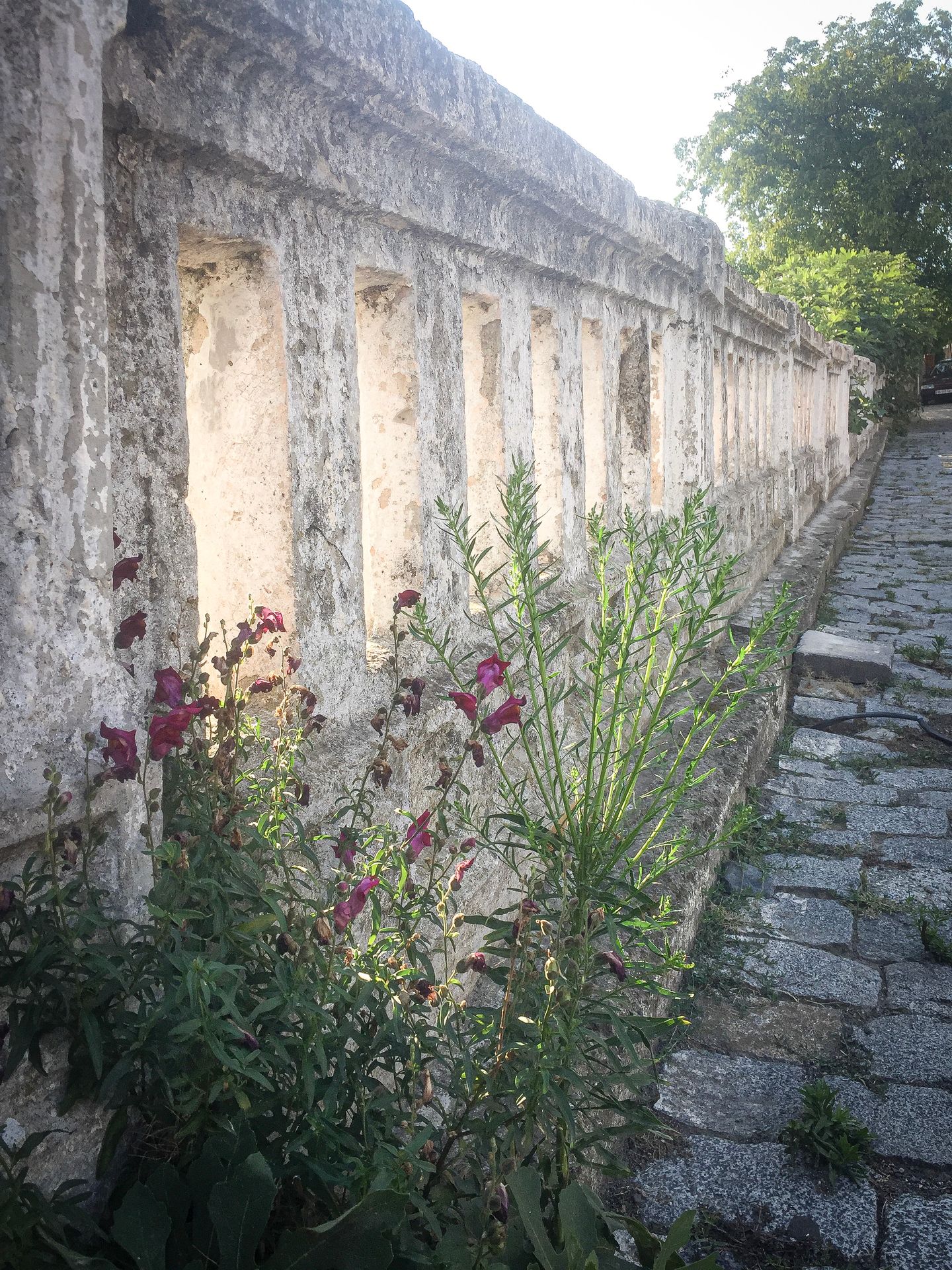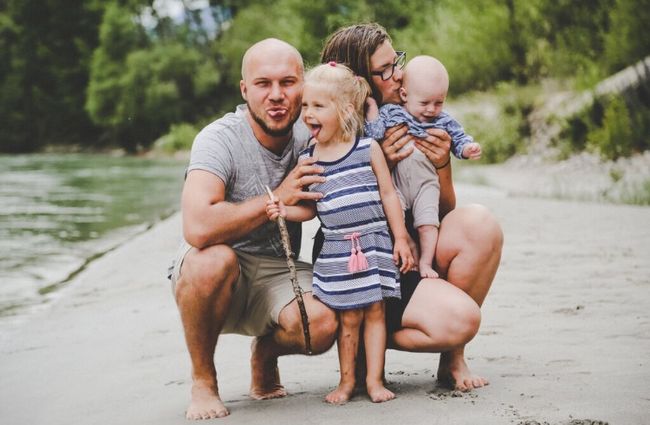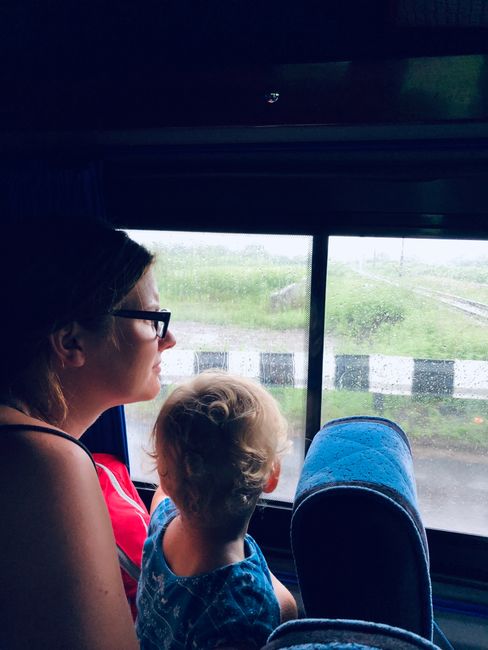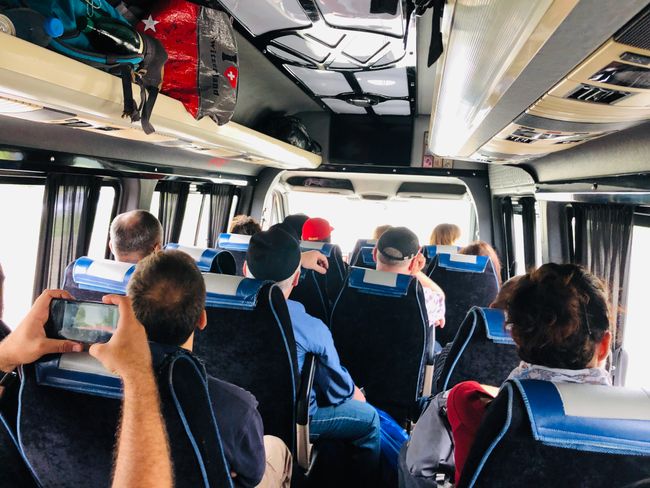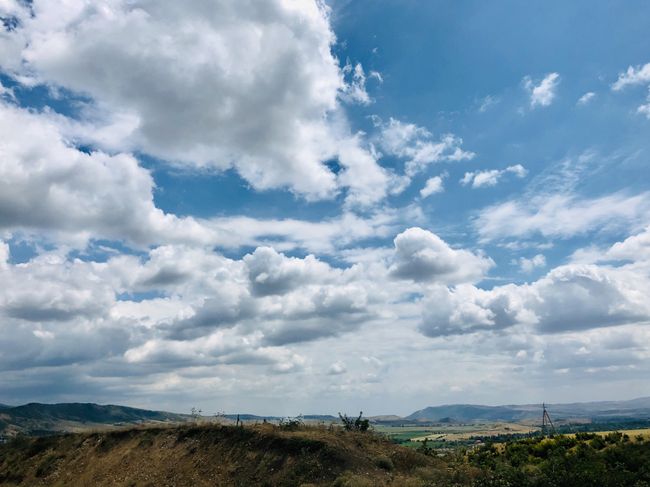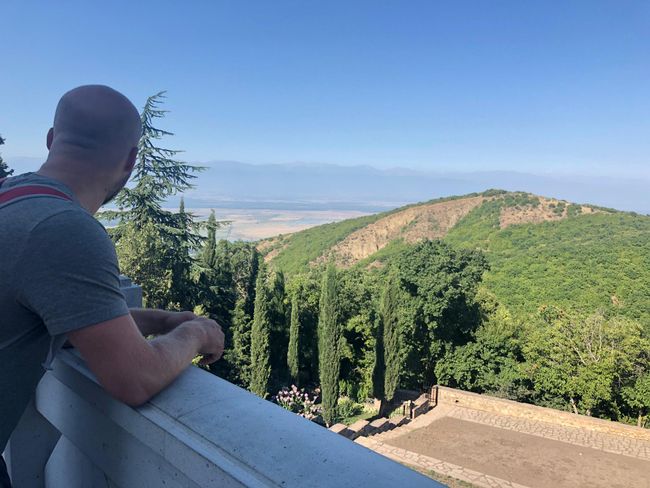The tides of arriving and departing
已發表: 01.08.2019
訂閱時事通訊
Rhythms dictate our lives. Spring, summer, autumn and winter. Breakfast, lunch, dinner. Working, weekend. We have left all these rhythms behind (as much as you can with 2 small children) to submit ourselves to a new force: the magical attraction of arrival and departure.
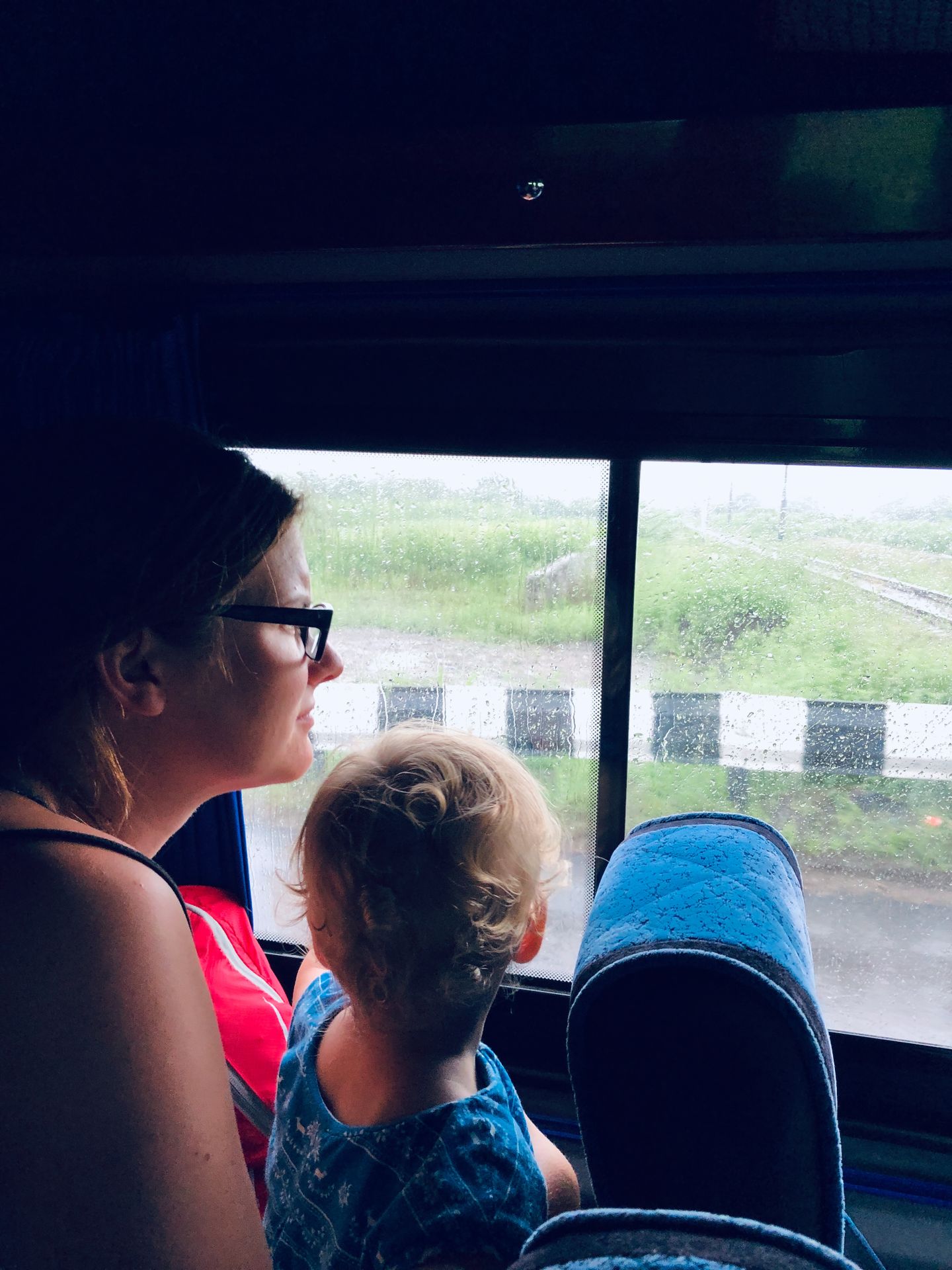
For a month now, we have been on the move with all our belongings. By train, car, bus and plane. We have felt like we have been in Georgia forever (2 weeks) and have managed to cross the country in a short time.
We have experienced different climates: tropical rain showers, bus rides through the steppe, scorching hot cities, sea and mountains, dry air like in Valais.

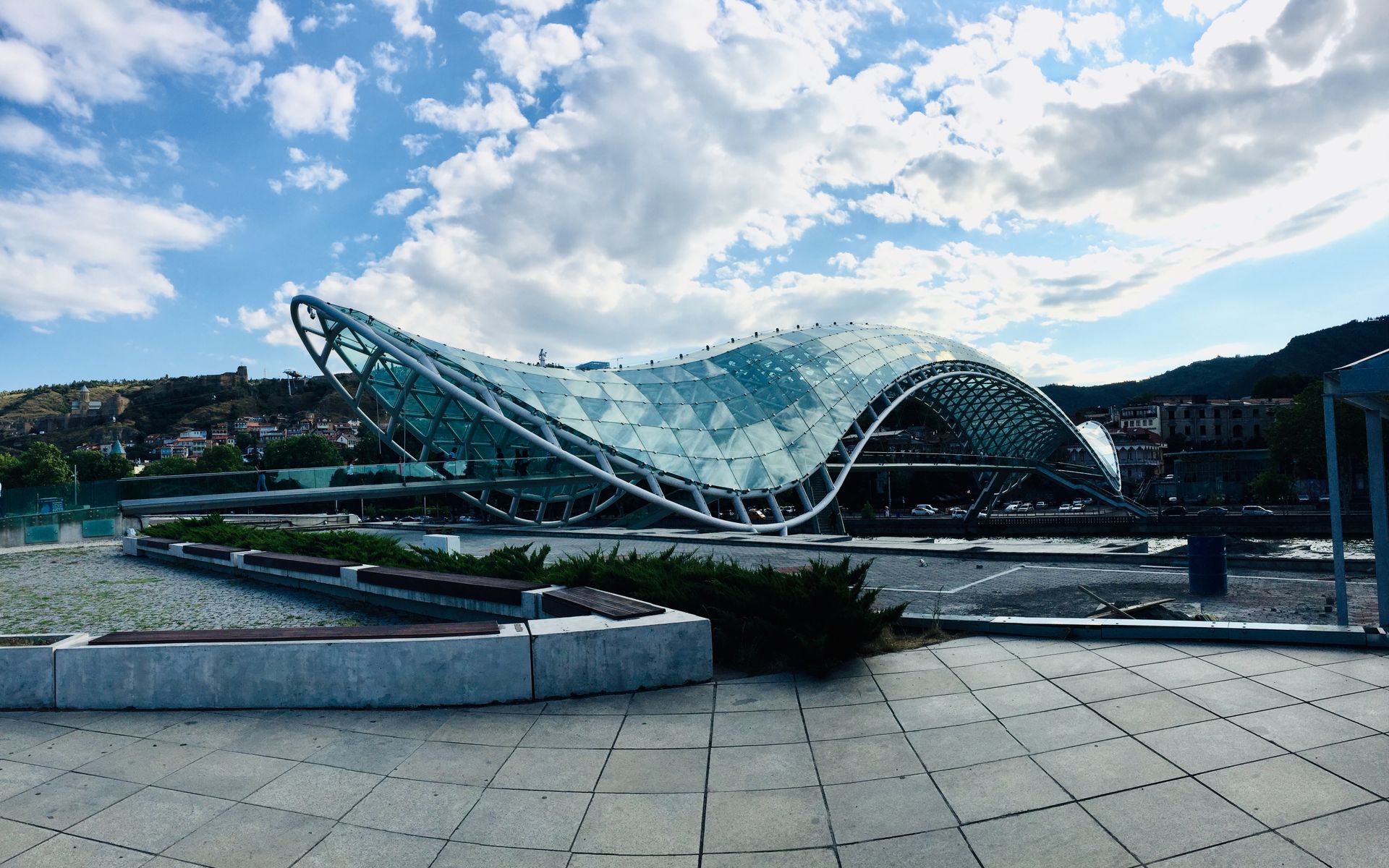

Our accommodations were equally diverse. From a villa with a pool to a rural country house and a dingy hostel. We also always had interesting encounters. We have now met several people who shuttle between Germany and Georgia, who feel at home in both countries and have taken us into their world. Including nightly wine sessions and conversations about everything under the sun.
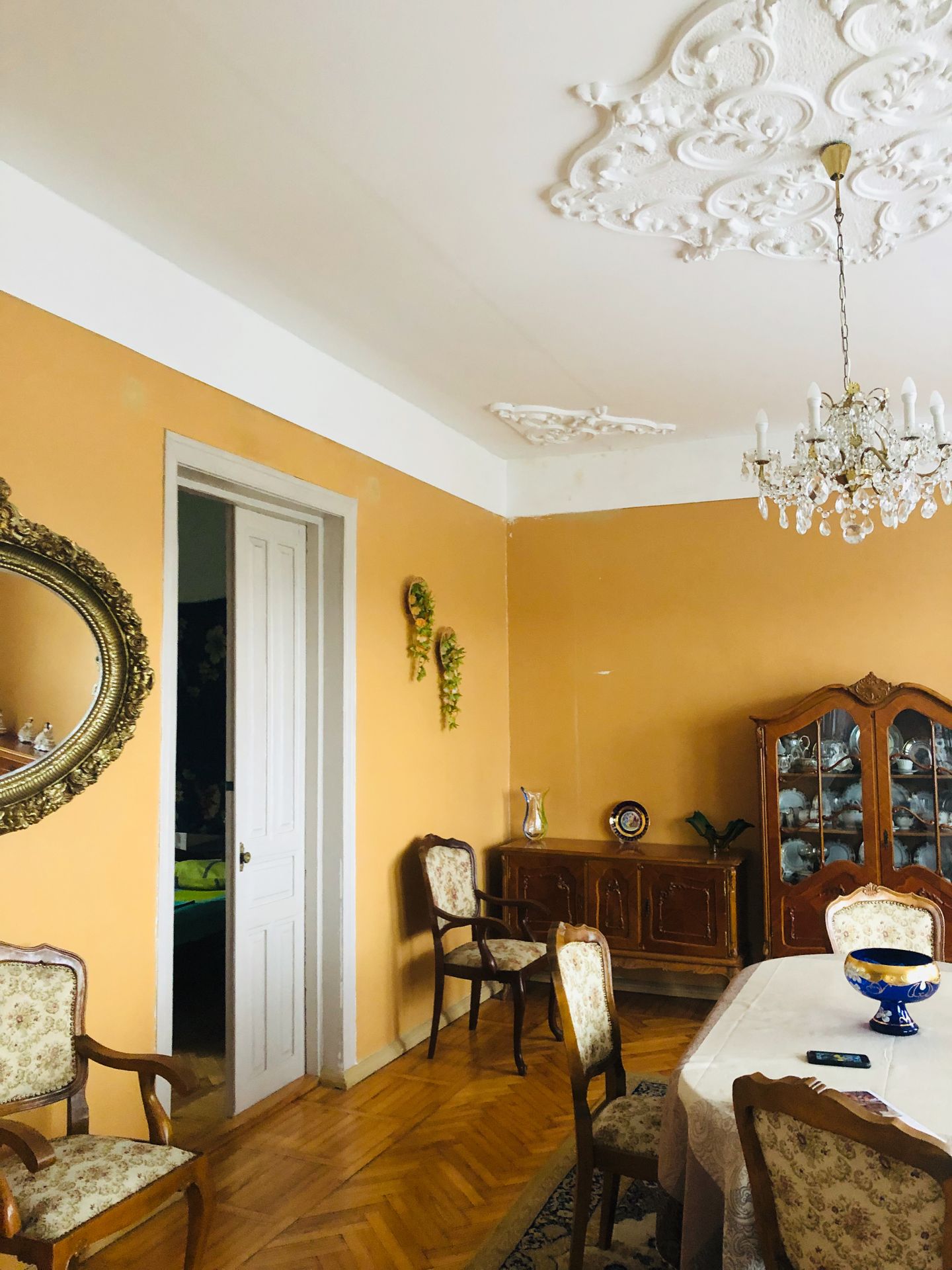
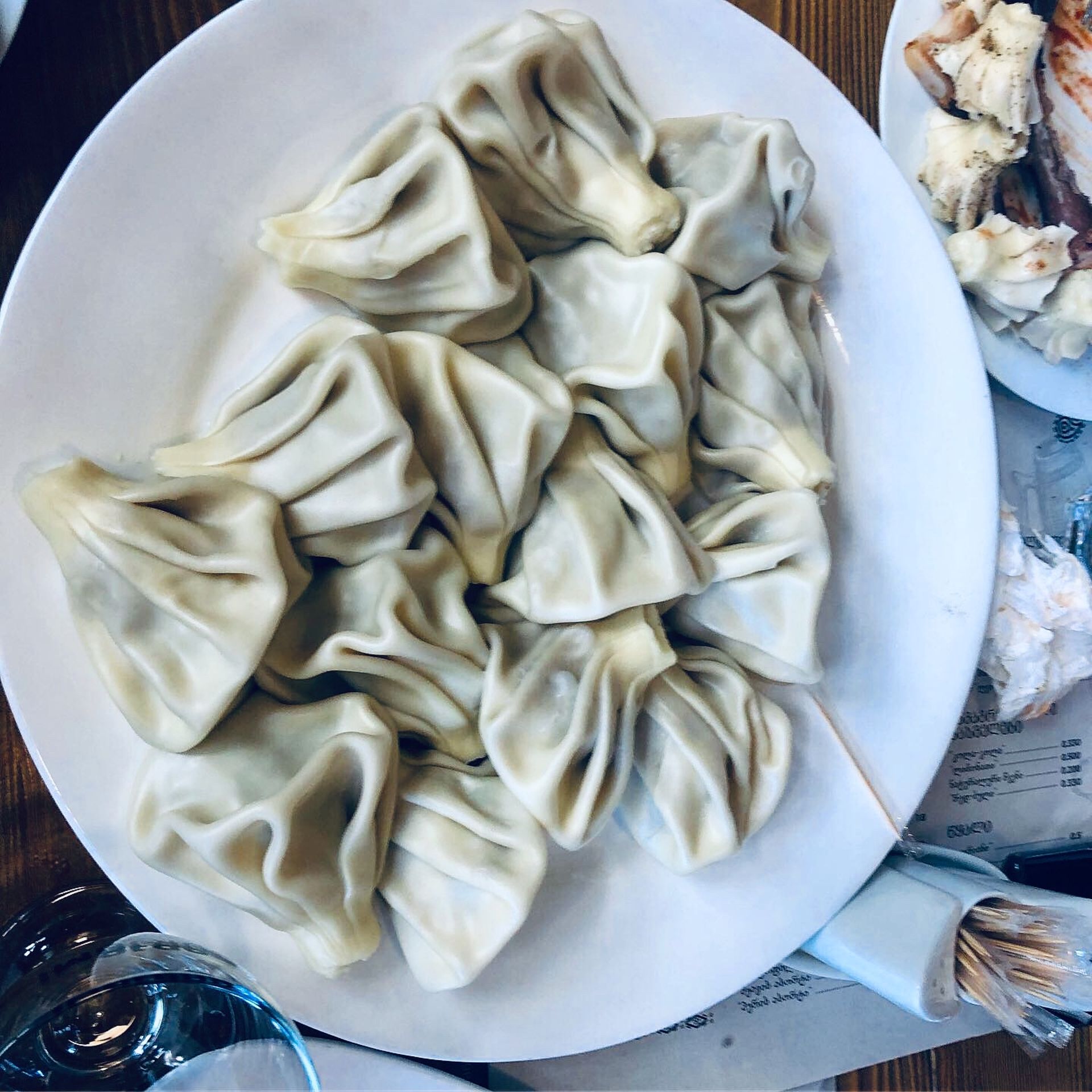
The many changes and stages of the journey fit into the ebb and flow of 'hello and goodbye'. First there is arrival. Since we have been traveling by marshrutkas, which are pretty much the best remnant of Soviet times, we arrive sweaty and with stiff limbs. Marshrutkas are converted delivery vans, often adorned with signs like 'Master Ehrhardt - your electrician', which transport 10-15 passengers over long distances at a low cost.

For now, we still enjoy observing people, looking out the window with the children, and occasionally letting them play on the iPad while we simply enjoy the lethargy of being carried through the world. But after a few hours, our butts start to hurt.
Arrival means movement, being able to unpack the essentials, and washing our feet once. For our children, a new accommodation means first and foremost: exploring. They want to touch, plug in, and inspect everything, and test whether it's suitable for jumping like a trampoline.
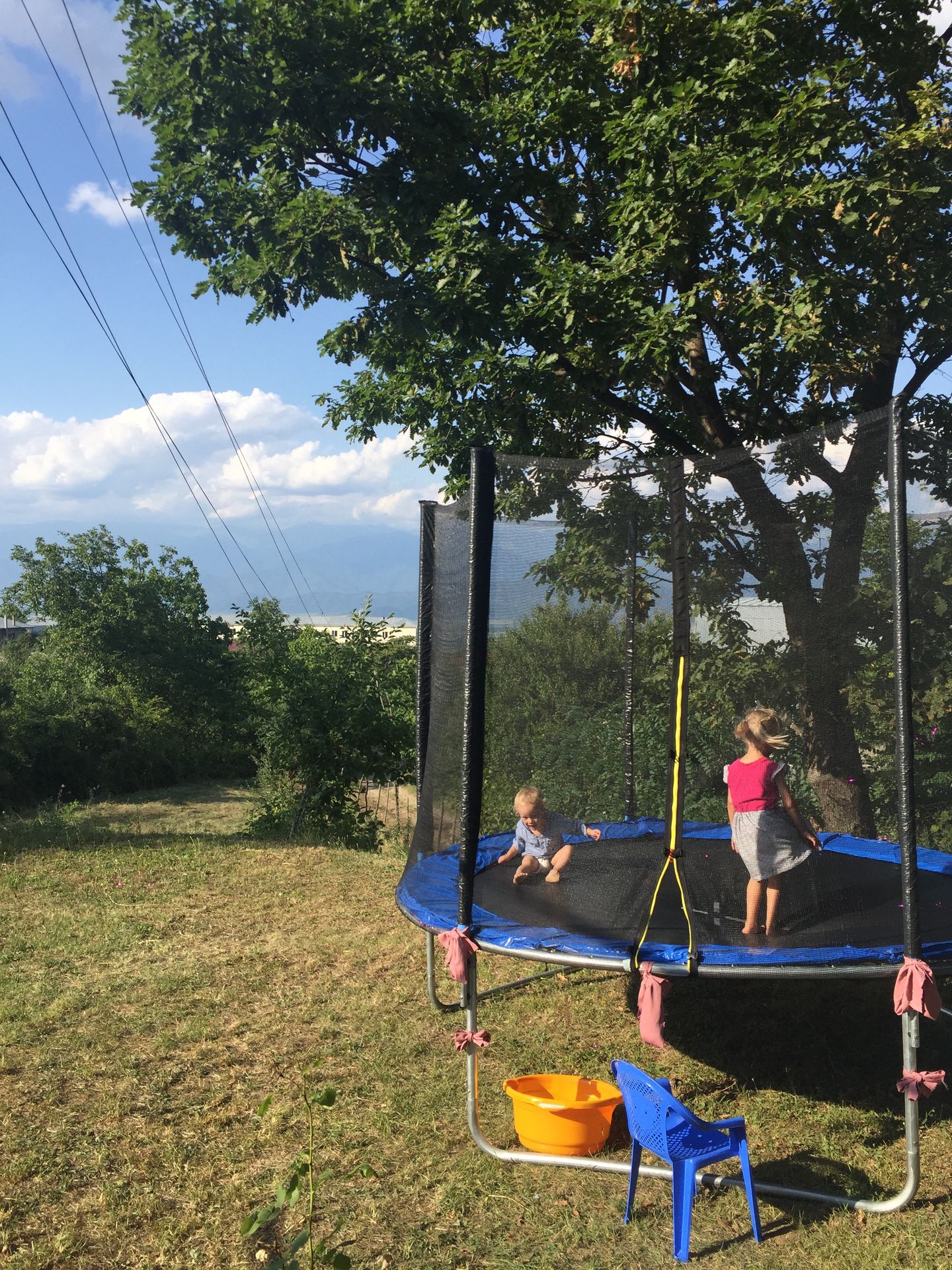
Most of the time, this is the most exhausting period until we have figured out what we as parents allow and what we don't. We also have to identify potential hazards such as unsafe stair railings and sharp edges and prepare ourselves accordingly. Arrival also means getting to know the local people, finding out whether they prefer to communicate in Russian, English, or even German. Georgian is so unique and has nothing in common with the languages we know so far that we haven't learned much of it yet, except for a few phrases.
After arrival and exploration comes the settling phase. Our children play comfortably, we know our way around a bit, and organize our everyday life so that it suits us and our environment best.
After the settling phase comes the farewell. Packing the backpacks, checking the bathroom and under the bed to make sure nothing of ours is left behind. Sefina apparently played with our wallet unnoticed at one host's place and hid 50 euros under the pillow. Fortunately, he found it later and informed us. Then we have to say goodbye to people and look forward to what's next. Being on the move. Discovering.
Last week was a lot of arriving and a lot of departing. Now we felt that as a family, we need a place where we can also catch up on what we experience. So to speak, arrive on the journey. Since our chances of simply renting an apartment in many villages are relatively slim, we went to the most touristy place in Georgia, Sighnaghi, because Airbnb promised us many apartments there.
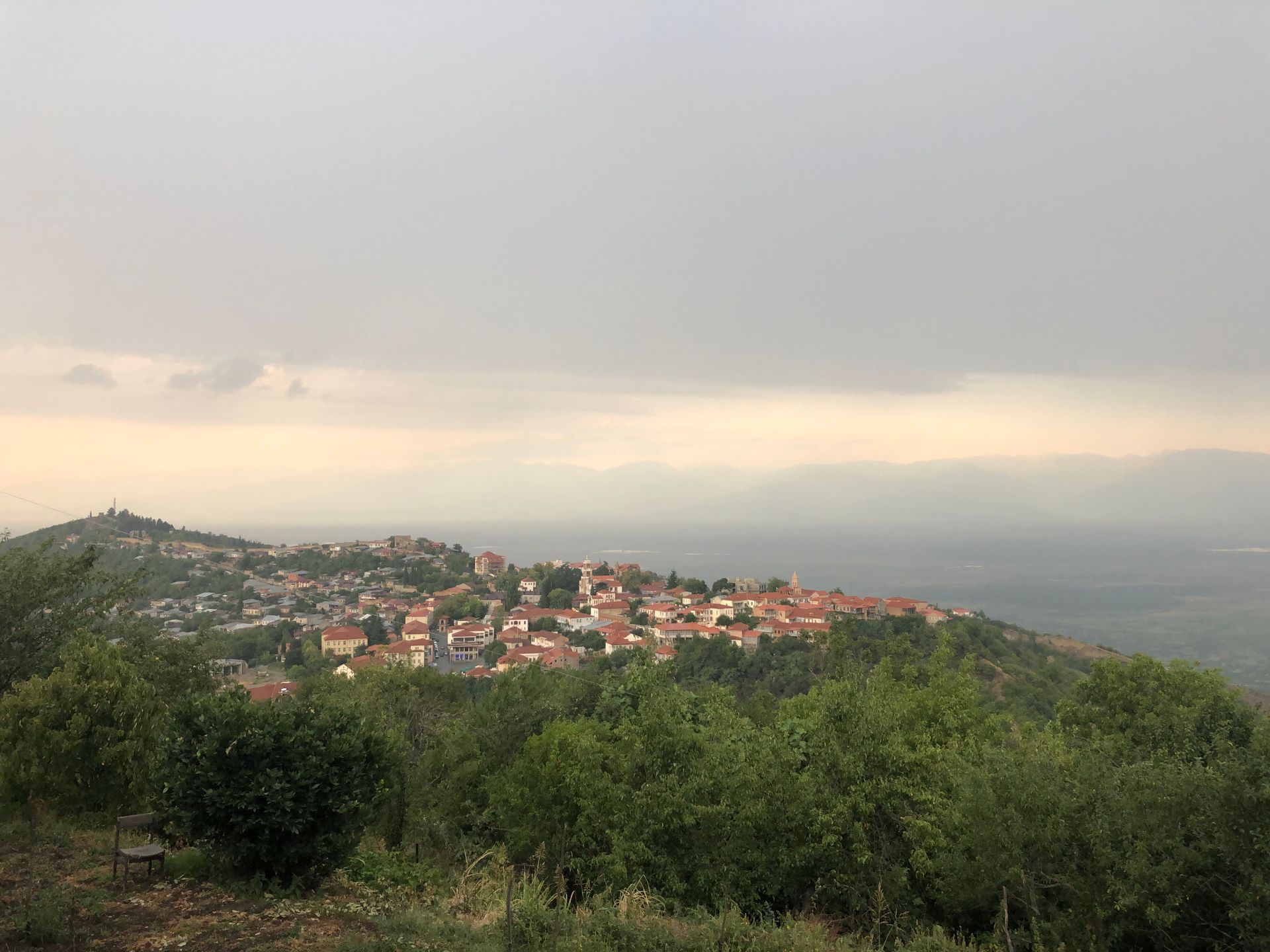
We didn't want to book in advance, but rather see the apartment first before making a decision. Unfortunately, it turned out to be difficult because at the same time, the town was crowded with a horde of backpackers, lots of Asians and Indians.
We picked out a few guesthouses online and decided to check them out in the afternoon. According to Google Maps, the first address led us out of town into the woods, where the phone notified us after about 1 1/2 hours in front of a tree that we had reached our destination. That was a lie. No house in sight. With the whining children, we put on a brave face and turned the journey into a fun hike to the nearest monastery.
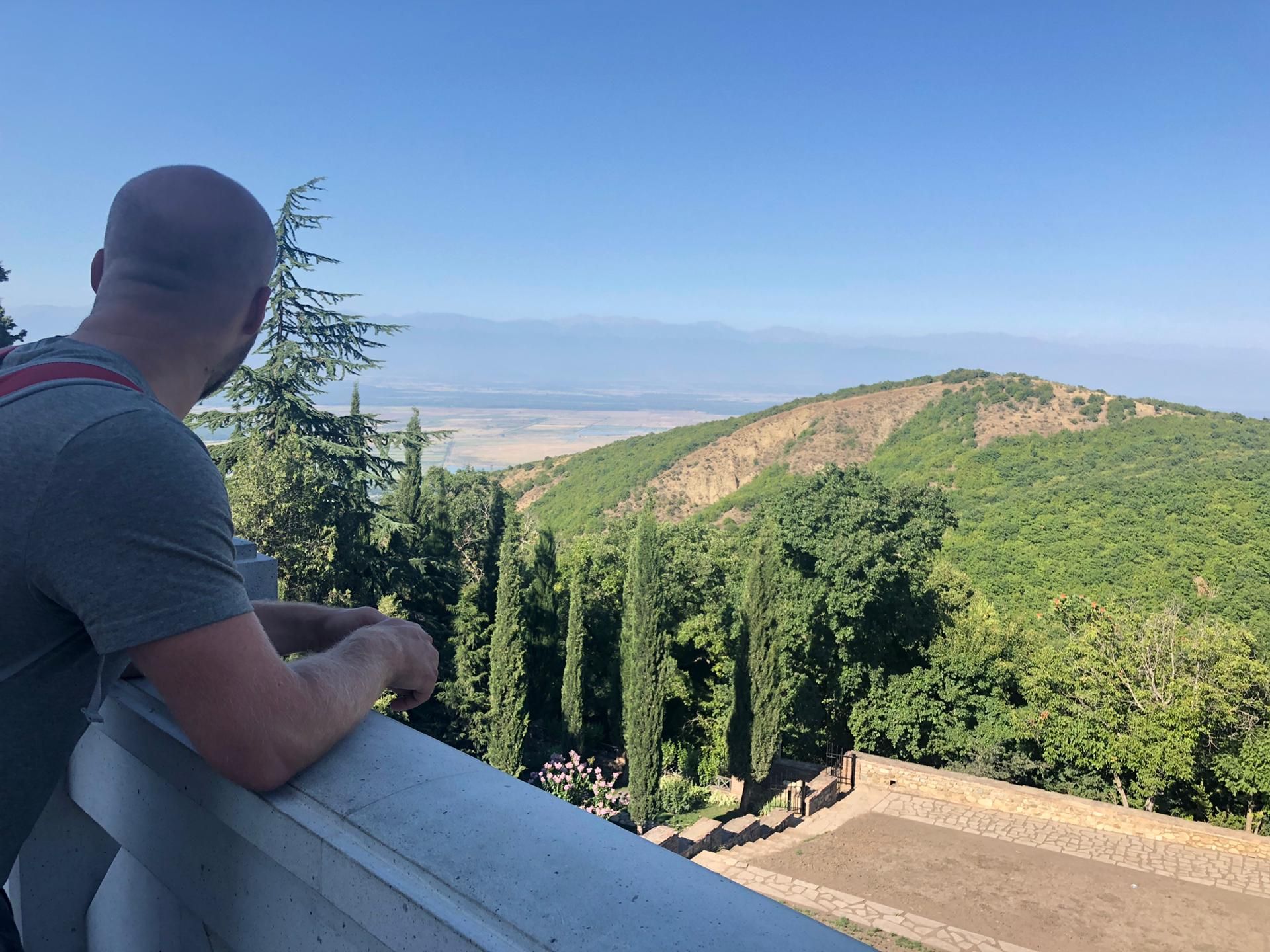
Only the looks we kept exchanging betrayed our tension. What if we couldn't find anything? If we wasted our precious time hiking instead of searching and then had to settle for the first bad offer? On the way back, we spontaneously turned off to the nearest settlement, not knowing if there were any inhabited houses there or just ruins, like so many we see here. A man waved us towards a house, we knocked and were amazed: it was exactly the guesthouse we had seen on the Internet and wanted to check out. By chance - and from our perspective, guided - we found the perfect accommodation for the next few weeks. We are allowed to stay here with an older woman, cook in her kitchen, and spend the whole day on her huge terrace. The view is spectacular. And everyone has arrived. And when the next wave comes, we will jump again.
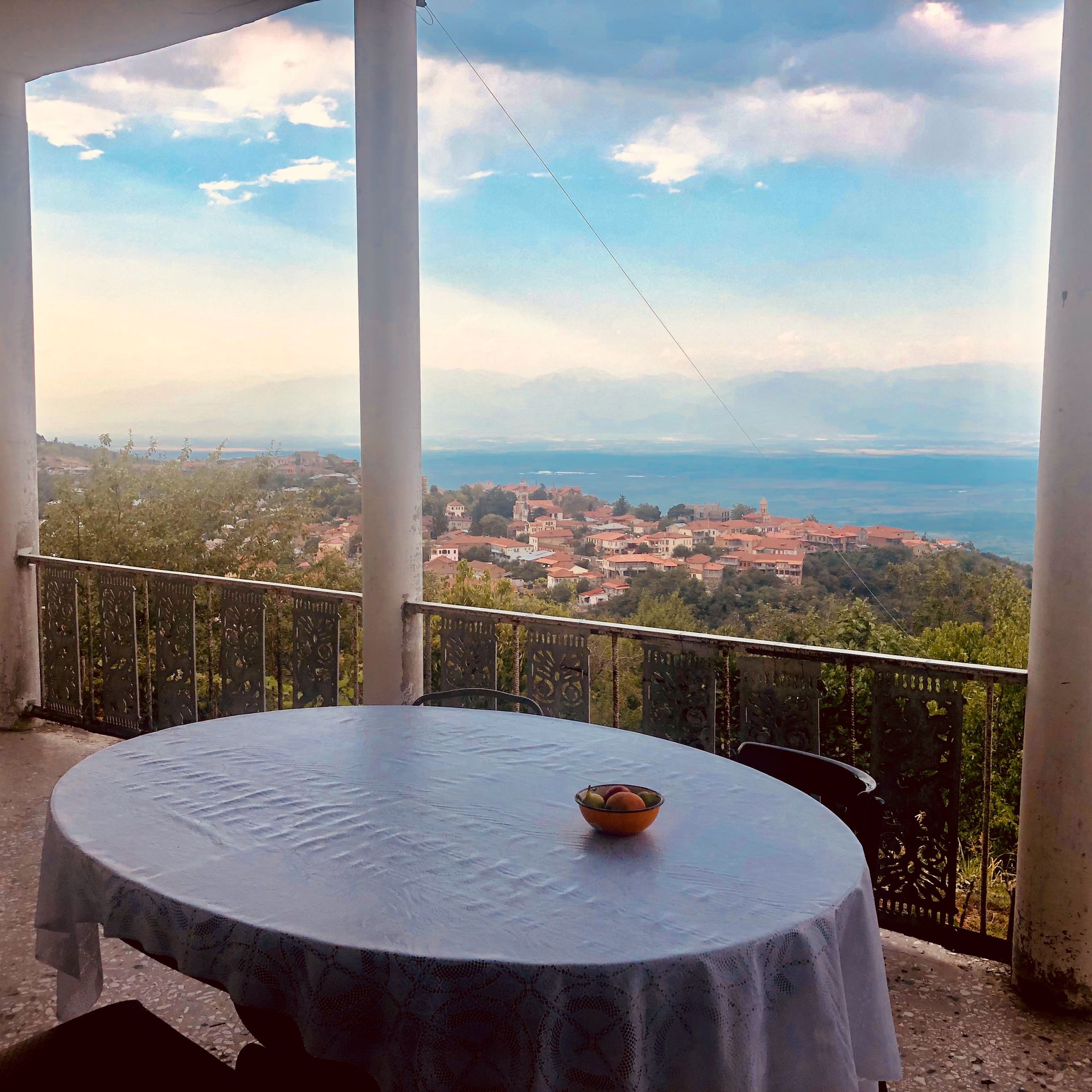
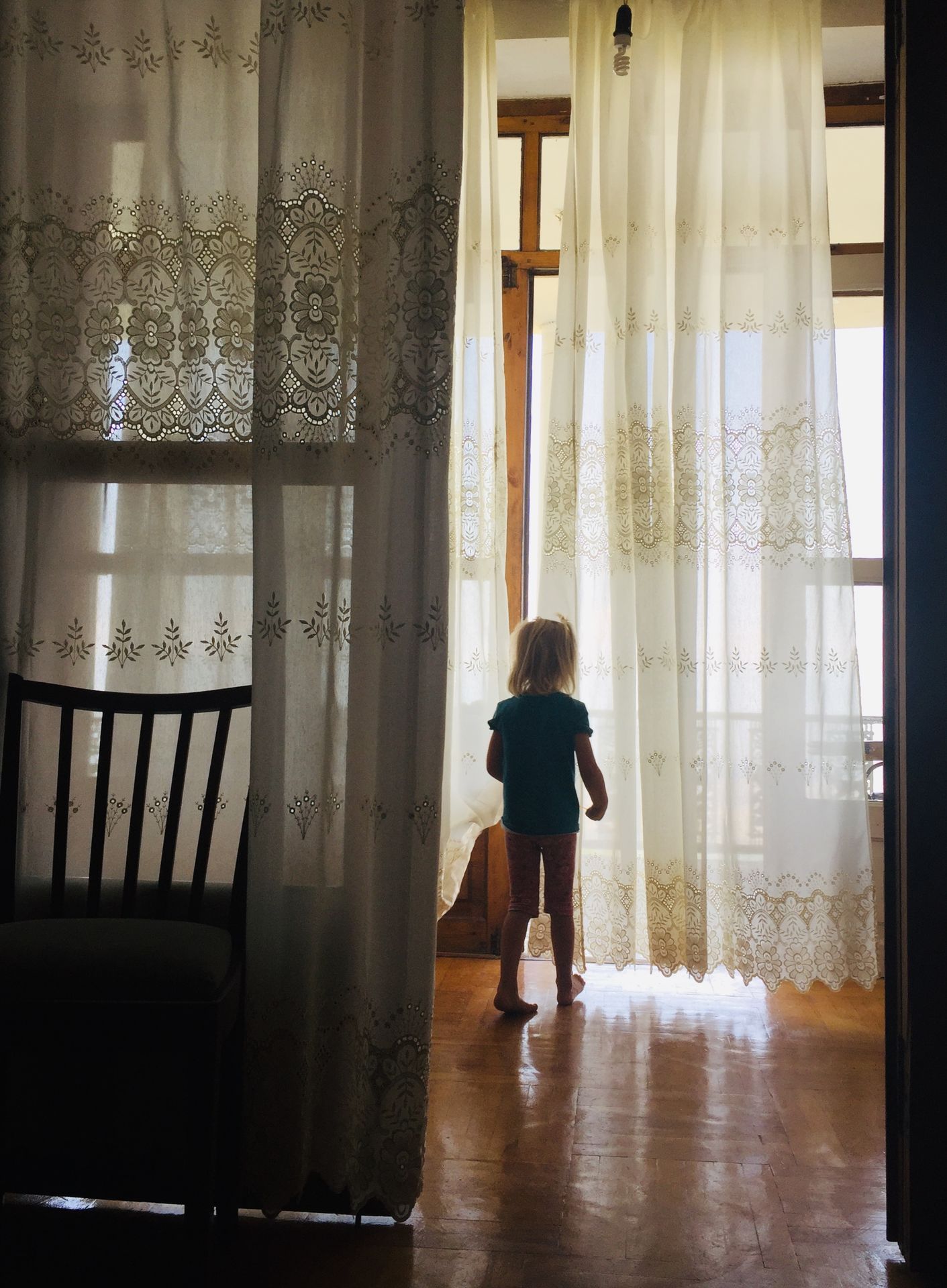
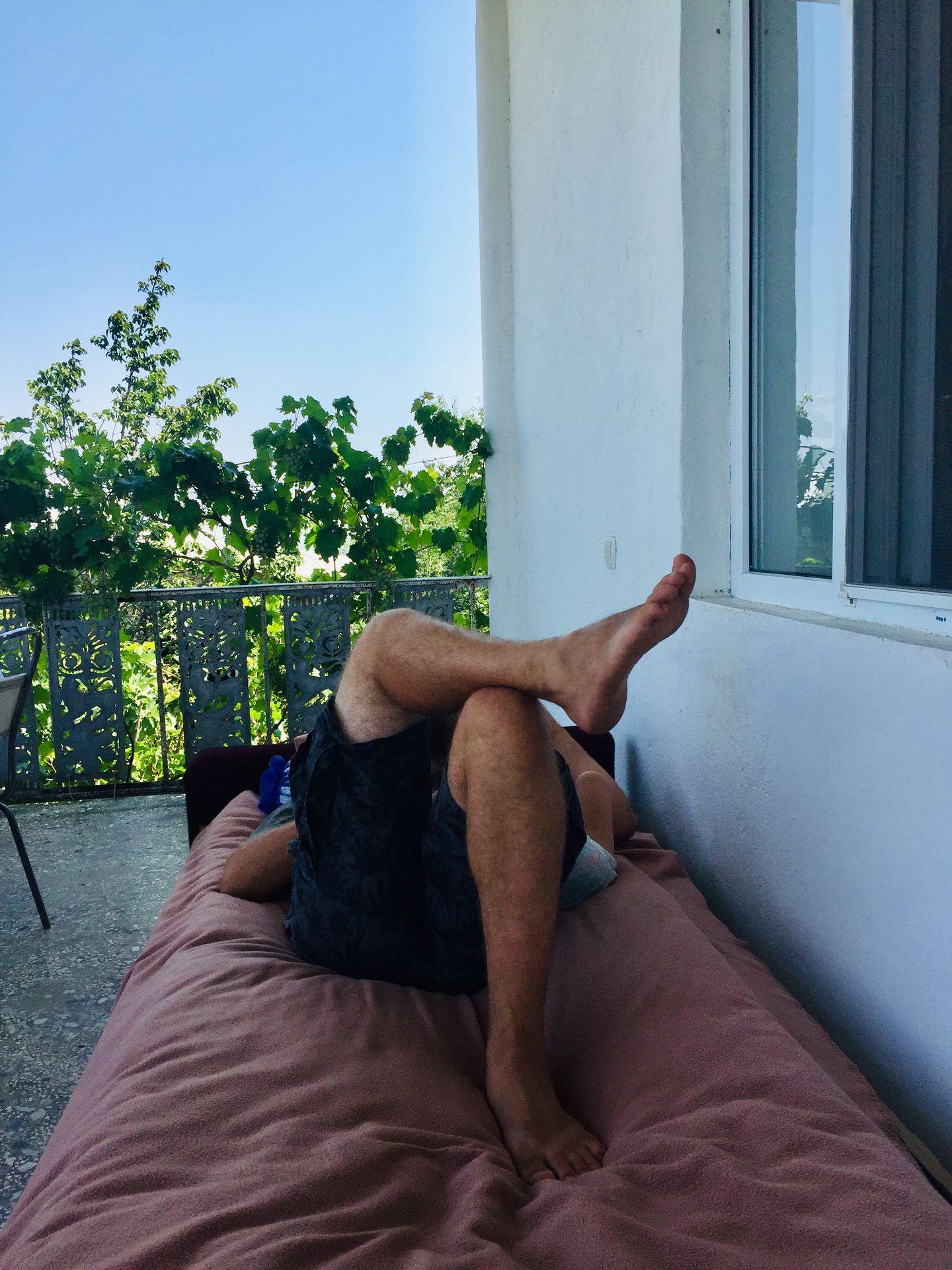
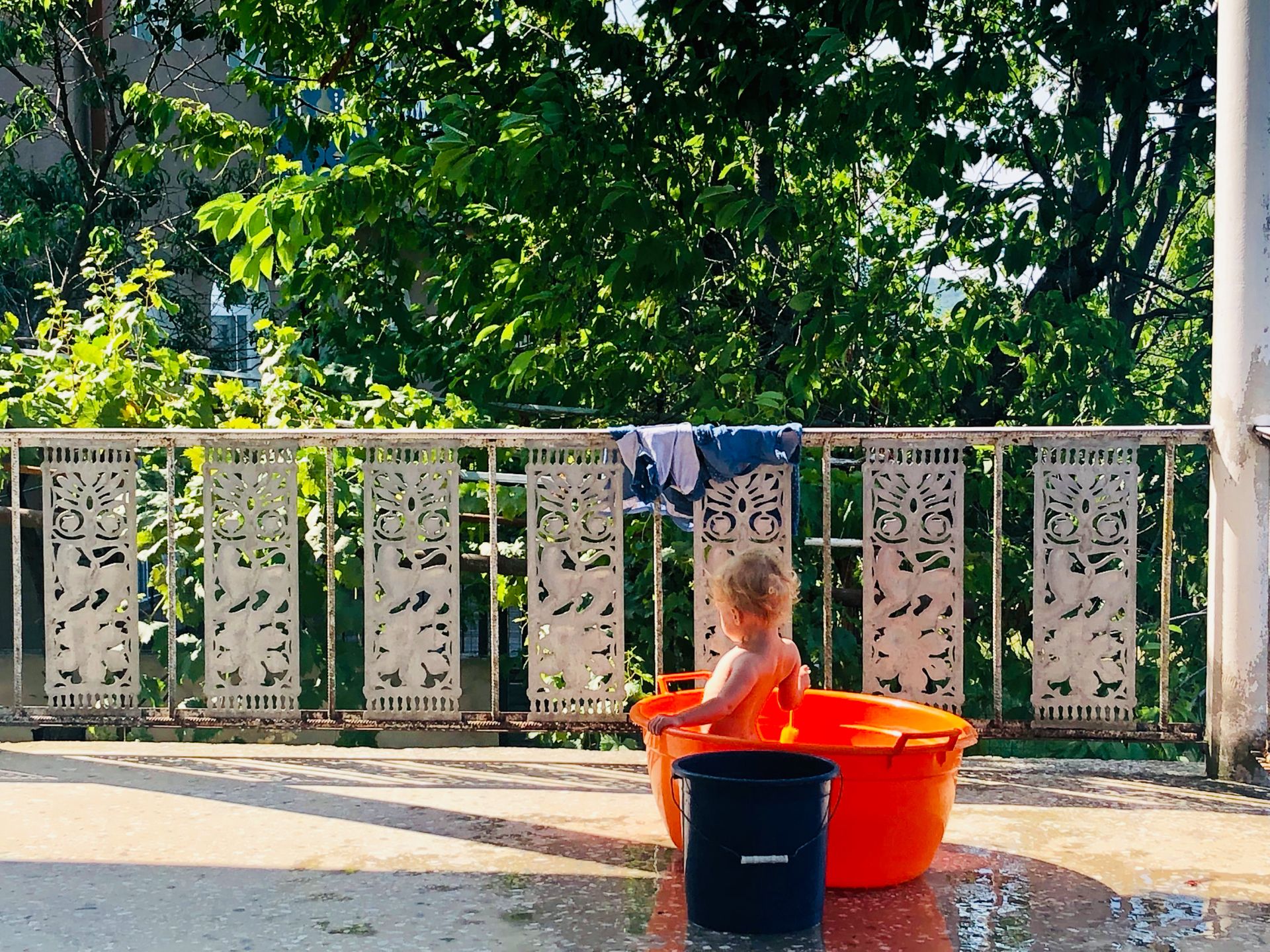
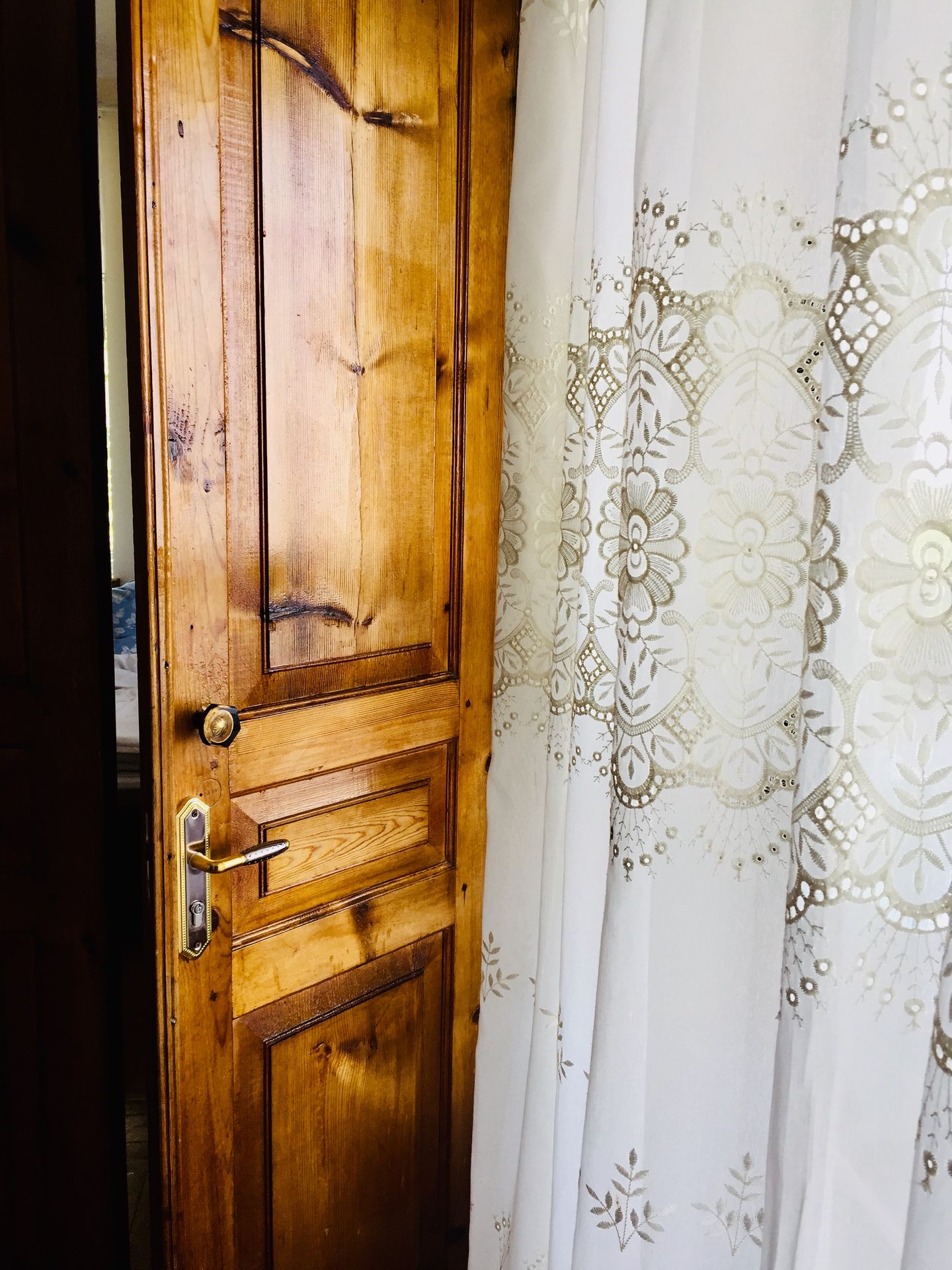
訂閱時事通訊
回答 (1)
christine
Wow, das tönt gut. Schön, habt ihr was gefunden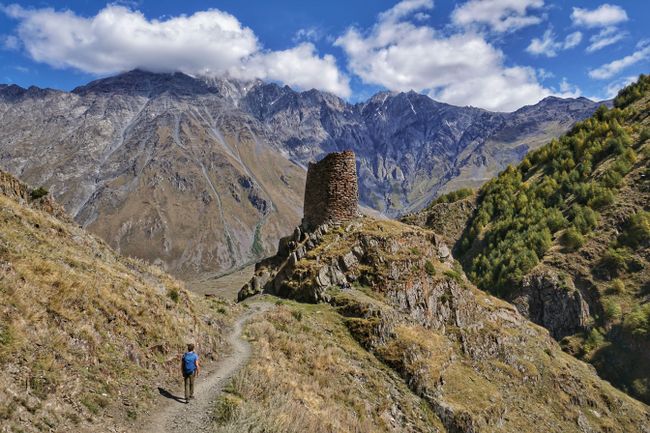
旅遊報告喬治亞州
